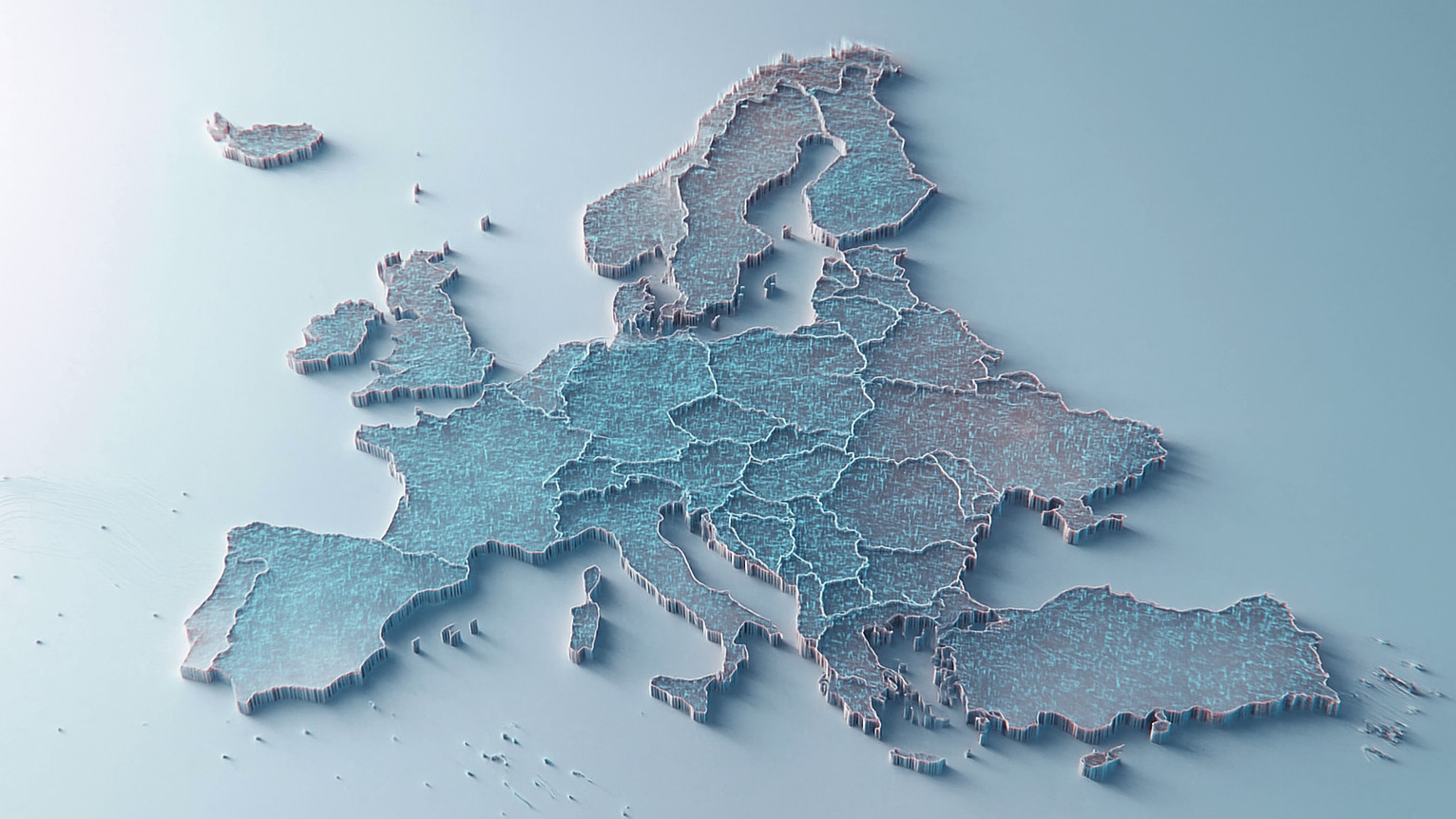Trump officials warn the EU while ChatGPT approaches stricter EU tech regulations

The Trump administration is reportedly considering sanctions against EU officials over the bloc's Digital Services Act (DSA), which it claims amounts to censorship and unfairly burdens US tech companies. The law could soon apply to major AI services like ChatGPT.
According to two sources cited by Reuters, the Trump administration is weighing visa restrictions against European Union or member state officials responsible for enforcing the DSA. The US government argues the law censors Americans and imposes unnecessary costs on US tech firms. While no final decision has been made, internal meetings on the issue were held last week. Such a move would mark a new escalation in the ongoing dispute between the Trump administration and the EU over online content regulation, which has already been strained by tariff threats and US criticism of European handling of American tech companies.
US warns of free speech risks
US officials accuse the EU of using the DSA to impose "unreasonable" limits on free speech and to silence conservative voices. Reuters reports that Secretary of State Marco Rubio has ordered American diplomats in Europe to push back against the DSA through lobbying efforts aimed at revising or repealing the law.
Back in May, Rubio threatened visa bans targeting those who "censor" Americans' speech. Top US figures, including Vice President JD Vance, have repeatedly accused European officials of censoring Americans, sometimes citing Germany's right-wing AfD party as an example. The Trump administration has a record of supporting right-wing politicians abroad and previously sanctioned a Brazilian judge accused of suppressing free expression.
The European Commission called the US censorship accusations completely unfounded, according to Reuters. The law is designed to make online spaces safer by requiring online platforms to take action against illegal content like hate speech, while still protecting users' rights to free expression and information, according to a spokesperson.
DSA could soon cover AI providers like OpenAI
While the DSA currently targets large online platforms, it could soon apply to AI services like ChatGPT as user numbers climb. The law lets the European Commission designate services as a "very large online platform" (VLOP) or "very large online search engine" (VLOSE) if they have more than 45 million monthly active users in the EU.
OpenAI recently reported that ChatGPT Search averaged about 41.3 million monthly active users in the EU over the six months ending March 31, 2025. That puts ChatGPT just shy of the threshold, making a VLOSE designation likely soon. If that happens, ChatGPT would join a list of services like Google Search, Bing, Facebook, Instagram, TikTok, and X that already face stricter rules.
What this means for AI companies
Once a service is labeled a VLOP or VLOSE, the company has four months to meet new requirements. These include annual risk assessments covering issues like disinformation and election interference, mandatory steps to reduce risks, independent audits, and granting data access to authorized researchers and regulators. Platforms must also explain how their recommendation systems work and offer at least one option without profiling.
Violations can result in fines of up to six percent of global annual revenue. These DSA rules apply in addition to the EU AI Act, which specifically regulates AI models themselves.
AI News Without the Hype – Curated by Humans
As a THE DECODER subscriber, you get ad-free reading, our weekly AI newsletter, the exclusive "AI Radar" Frontier Report 6× per year, access to comments, and our complete archive.
Subscribe nowAI news without the hype
Curated by humans.
- Over 20 percent launch discount.
- Read without distractions – no Google ads.
- Access to comments and community discussions.
- Weekly AI newsletter.
- 6 times a year: “AI Radar” – deep dives on key AI topics.
- Up to 25 % off on KI Pro online events.
- Access to our full ten-year archive.
- Get the latest AI news from The Decoder.